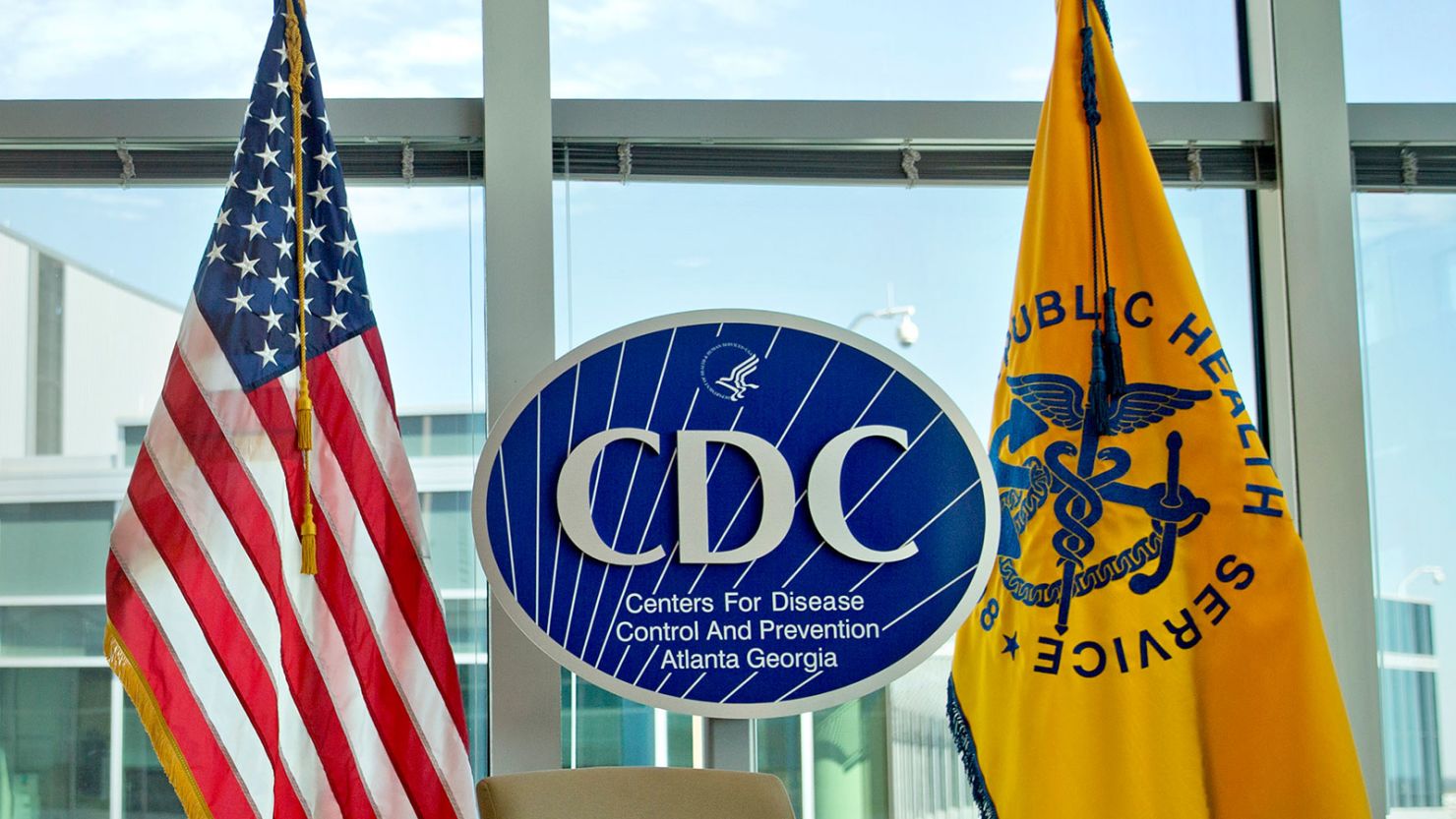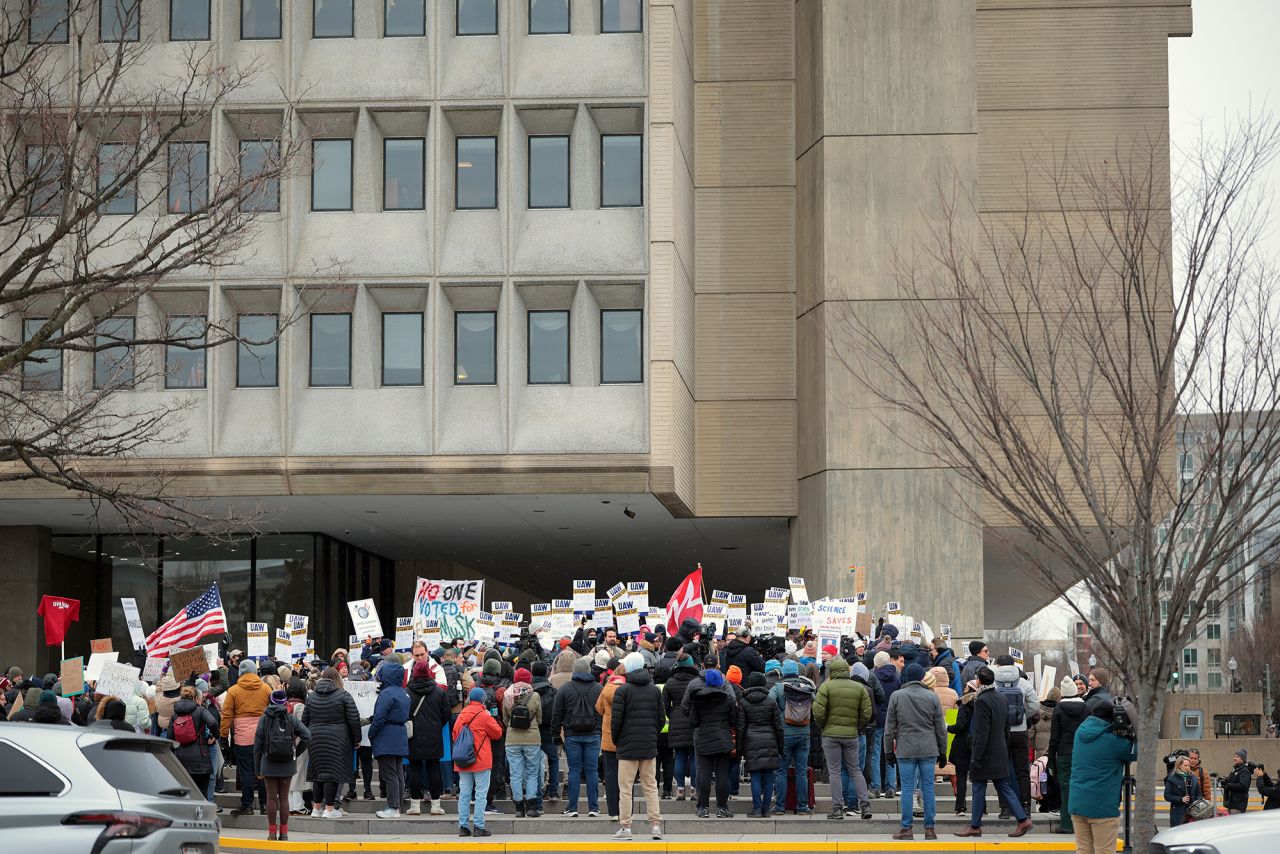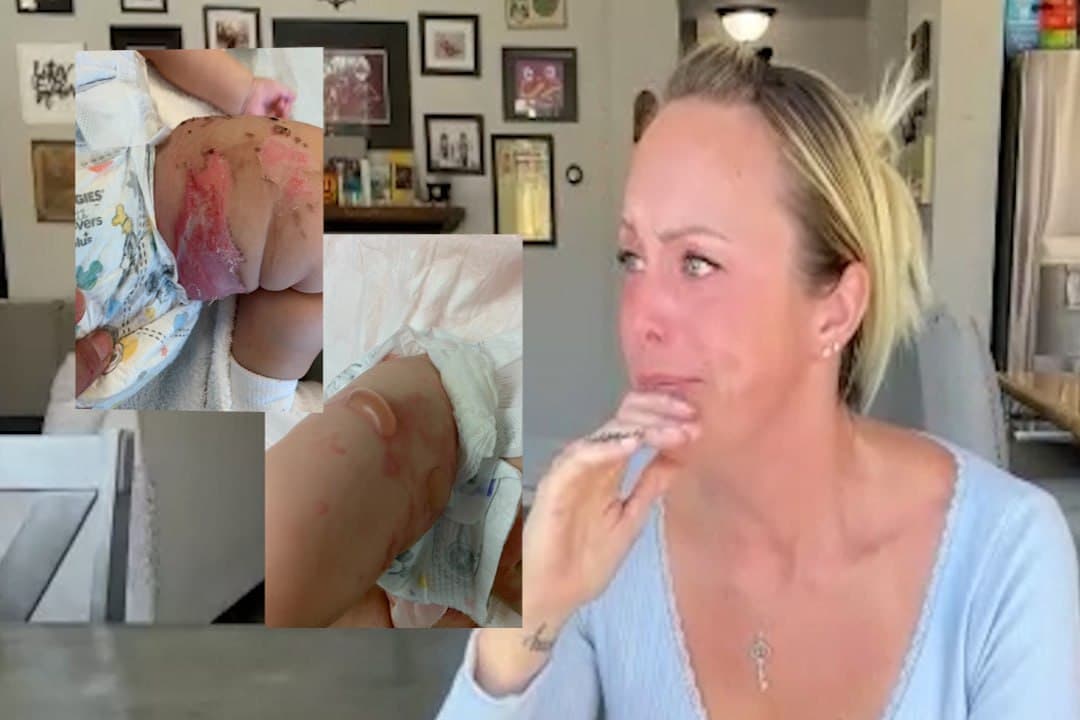Health departments across America are facing an unprecedented crisis as funding from the Centers for Disease Control and Prevention trickles in at a devastatingly slow pace. According to reports, the CDC has been operating on a mere 30-day funding cycle, leading to layoffs and service interruptions in critical health programs nationwide. This funding impasse poses a dire threat, jeopardizing the public"s health safety and leaving communities vulnerable to disease outbreaks.
Critical Health Services at Risk
The CDC is the lifeline for many state and local health departments, providing essential funding that supports disease monitoring, outbreak investigations, and health promotion initiatives. As reported by CDC sources, most state health departments rely heavily on federal grants, with some states, like Alabama, receiving more than two-thirds of their budgets from the CDC. The ongoing delays in funding have resulted in dire consequences, including the suspension of HIV prevention programs, which are critical in the fight against sexually transmitted infections.
Delayed Funding Leads to Layoffs
In North Carolina, the Mecklenburg County Health Department has had to lay off six disease investigation specialists due to funding uncertainty. Health Commissioner Raynard Washington stated, "The majority of those six people that we sent home at the beginning of June were contact tracers for HIV, syphilis, and other STIs." The impact of these layoffs is profound, as fewer staff means slower response times to potential outbreaks, risking the health of countless individuals. This situation is echoed in Ohio, where delays have halted vital services like the state’s HIV hotline and the distribution of free test-at-home kits.

CDC facing major funding cuts, with direct impact on state ...
Congressional Inaction Fuels Uncertainty
The root of this crisis lies in a systemic failure within the federal budgetary process. After President Trump signed a continuing resolution for fiscal year 2025, which included $9 billion for the CDC, delays in the apportionment process left the agency without its usual flow of funding. According to CDC insiders, the agency is now facing a timeline that could result in unspent funds being returned to the Treasury if they can"t be allocated by September. This delay is not just bureaucratic; it is a serious threat to public health initiatives across the nation.
Public Health Experts Sound the Alarm
Public health experts are sounding the alarm about the implications of these funding delays. "It is a five-alarm fire," said one former CDC staffer, emphasizing that without timely funding, communities are left to fend for themselves in the face of potential outbreaks. This is not just an administrative issue; it is a matter of life and death. The lack of communication from the Department of Health and Human Services compounds the problem, leaving state departments without the guidance they need to navigate this crisis.

March 8, 2025: Donald Trump presidency news | CNN Politics
Immediate Action Required to Protect Public Health
The ramifications of this funding crisis extend far beyond immediate job losses. As Dr. Scott Harris, president of the Association of State and Territorial Health Officials, pointed out, without clear funding notices, state health departments cannot initiate critical public health work, from tobacco prevention to diabetes management. The ongoing delays could mean the difference between life-saving interventions and unchecked disease transmission. The CDC"s funding should not be treated like a discretionary budget; it is vital for the health and safety of the American public. Immediate action is needed to address this funding crisis and ensure that health departments can continue their essential work.







![[Video] Gunfire between Iraqi security forces and Sadr militias in Baghdad](/_next/image?url=%2Fapi%2Fimage%2Fthumbnails%2Fthumbnail-1768343508874-4redb-thumbnail.jpg&w=3840&q=75)
